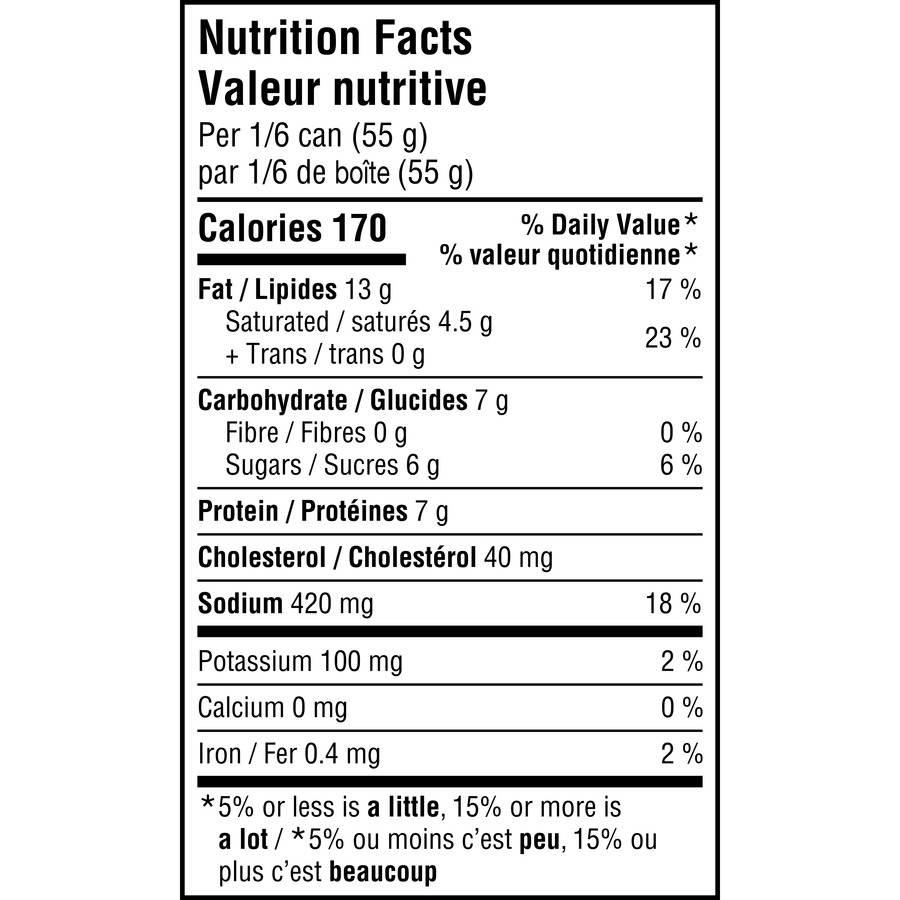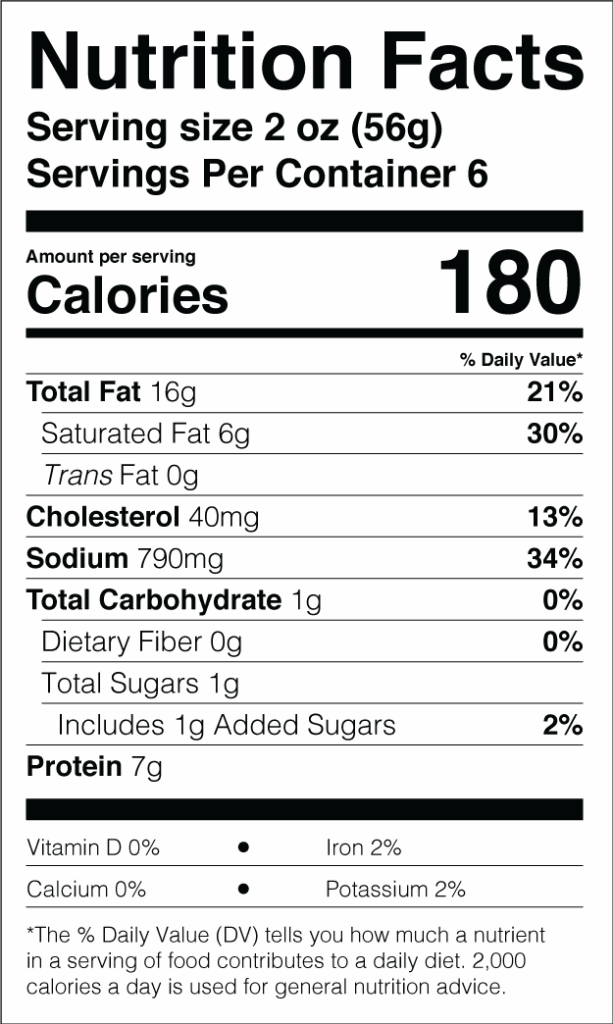When it comes to managing your diet and making healthy choices, having access to accurate nutritional information is crucial. However, with the rise of spam and misleading information online, it can be challenging to find reliable sources. Nutritional information spam refers to false or misleading claims about the nutritional content of a product or food item. This can have serious consequences for individuals trying to make informed decisions about their diets.
One of the main reasons why nutritional information spam is so harmful is because it can lead to misleading dietary choices. For example, if someone sees a spammy advertisement claiming that a certain product is low in calories or sugar when it actually isn’t, they may end up consuming more calories or sugar than they intended. This can have negative effects on their health and well-being in the long run.
Nutritional Information Spam
How to Spot Nutritional Information Spam
There are several red flags to look out for when trying to identify nutritional information spam. One common tactic used by spammers is to make exaggerated claims about the health benefits of a product. If something sounds too good to be true, it probably is. Another warning sign is if the information is not backed up by reputable sources or scientific evidence. It’s always a good idea to double-check the information with reliable sources like government health websites or nutrition experts.
Another way to spot nutritional information spam is to look out for suspicious language or formatting. Spammers often use sensationalist language or flashy graphics to grab your attention. If something seems overly promotional or not grounded in facts, it’s best to be cautious. Additionally, be wary of products that make unrealistic promises or claim to be a “miracle cure” for various health conditions. It’s important to approach such claims with skepticism and do your own research before making any dietary changes.
Conclusion
In conclusion, nutritional information spam is a serious issue that can have negative impacts on our health and well-being. By being aware of the warning signs and taking steps to verify the information we come across, we can protect ourselves from falling victim to misleading claims. Remember to always check the sources of information, look for reputable sources, and consult with a healthcare professional or nutritionist if you have any doubts about the accuracy of the information. With a bit of vigilance and critical thinking, we can navigate the online landscape of nutritional information and make informed choices for our health.
Download Nutritional Information Spam
SPAM Classic
SPAM Classic SPAM Varieties
SPAM Classic SPAM Varieties
SPAM Lite SPAM Varieties




